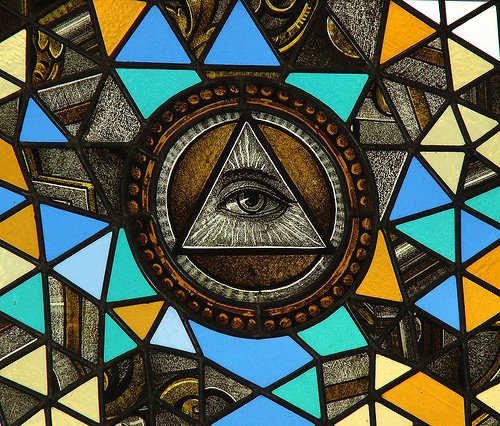ANZAC Day has always made me a bit uncomfortable. I suspect this is partly a consequence of being brought up Quaker(ish)* - I have an inherent dislike of armies and militarism that makes the spectacle of hundreds of servicemen and women in uniform filling up the streets in the days leading up to ANZAC Day feel a bit like an invasion. I also did a research project about the treatment of conscientious objectors and their families when I was in high school which left me with a very nasty taste in my mouth about the RSA.
All this is to say that I come from a point fairly widely outside of the mainstream here. I realise that for many people the point of the day is to honour those who did what they felt was right and made the ultimate sacrifice, but I feel like the strong involvement of the military poisons that. It seems to me that the most important lesson we can learn from the disastrous Gallipoli campaign is never to repeat it. Not just to avoid the ridiculous strategic and tactical mistakes that led to the monstrous waste of life, but to value human life more highly and to be highly critical of government's reasons for extinguishing it.
Of all the wars we have involved ourselves in over the last hundred years, I think only a tiny minority of those have been in any way justifiable. Disturbingly, I see increasing attempts to try and recast World War 1 in this light. That can't be allowed to happen.
Moreover, I think it's important (especially in regard to World War 1) to honour equally those who refused to fight. New Zealand conscientious objectors in World War 1 were deported to the front and subject to horrific punishments, many of which took place in No Man's Land - thus putting them in more physical danger than the actual combatants. You can read about this in Archibald Baxter's book We Will Not Cease.
Honouring the dead who acted in good faith is a noble thing, but perhaps it's time we paid less attention to Rupert Brooke and Laurence Binyon, and more to Wilfred Owen and Rowan Atkinson.
*My parents are anything but dogmatic, but my "mental furniture" is fairly Quaker in the same way that the mental furniture of ex-Catholics includes the instructions on the right calls and responses and when to sit, stand, or kneel in the course of a Mass.

No comments:
Post a Comment